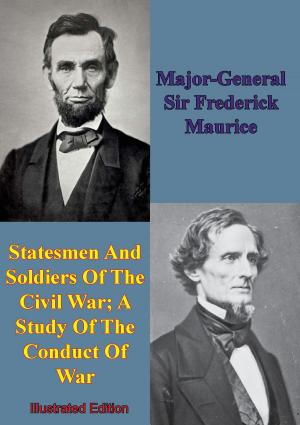Harmony Of Action - Sherman As An Army Group Commander
Nonfiction, History, Modern, 19th Century, Americas, United States, Civil War Period (1850-1877), Military| Author: | Lt.-Colonel Alfred C. Channels Jr. | ISBN: | 9781782896418 |
| Publisher: | Golden Springs Publishing | Publication: | August 15, 2014 |
| Imprint: | Golden Springs Publishing | Language: | English |
| Author: | Lt.-Colonel Alfred C. Channels Jr. |
| ISBN: | 9781782896418 |
| Publisher: | Golden Springs Publishing |
| Publication: | August 15, 2014 |
| Imprint: | Golden Springs Publishing |
| Language: | English |
Major General William T. Sherman commanded three field armies under a single command all having the same operational objective. Modern doctrine states that two to five field armies constitute an army group, therefore, by definition, Sherman was an army group commander. General of the Army Omar N. Bradley's actions in forming the 12th Army Group during World War Two, established modern doctrine for field army groups. Bradley chose British Field Marshall Alexander's army group as his model but could have used an American example of this type of organization by studying Sherman and the Atlanta campaign. Sherman has never been looked at before as an army group commander. This study examines Sherman and the Atlanta campaign focusing on the shaping and management of his army group. Command relationships, both personal and professional are investigated through messages, letters and orders of Sherman and his army commanders.
Major General William T. Sherman commanded three field armies under a single command all having the same operational objective. Modern doctrine states that two to five field armies constitute an army group, therefore, by definition, Sherman was an army group commander. General of the Army Omar N. Bradley's actions in forming the 12th Army Group during World War Two, established modern doctrine for field army groups. Bradley chose British Field Marshall Alexander's army group as his model but could have used an American example of this type of organization by studying Sherman and the Atlanta campaign. Sherman has never been looked at before as an army group commander. This study examines Sherman and the Atlanta campaign focusing on the shaping and management of his army group. Command relationships, both personal and professional are investigated through messages, letters and orders of Sherman and his army commanders.
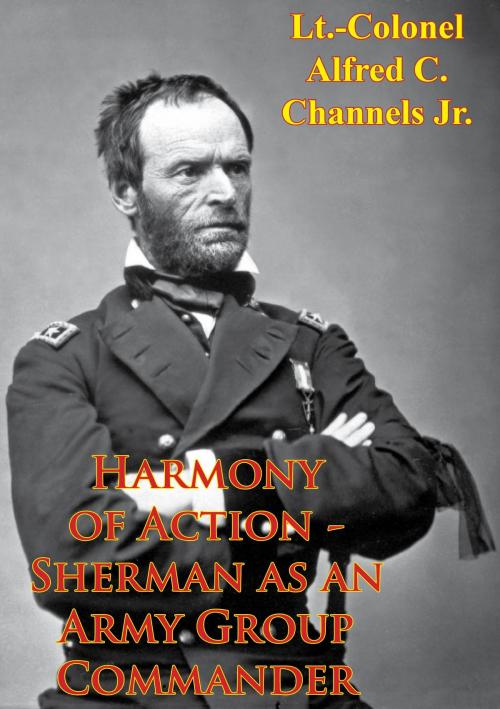
![Cover of the book Transforming Under Fire: the Atlanta Campaign of 1864 [Illustrated Edition] by Lt.-Colonel Alfred C. Channels Jr.](https://www.kuoky.com/images/2014/august/300x300/9781782893950-LgN5_300x.jpg)
![Cover of the book When They Burned the White House [Illustrated Edition] by Lt.-Colonel Alfred C. Channels Jr.](https://www.kuoky.com/images/2016/october/300x300/9781787201934-3qSv_300x.jpg)
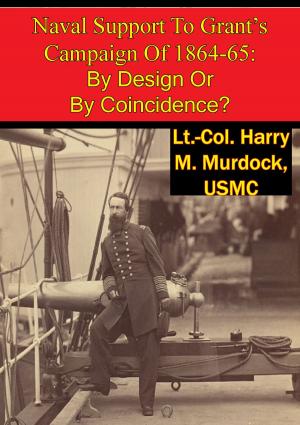
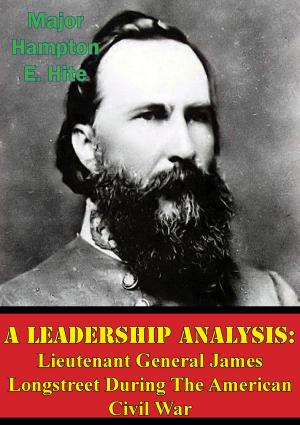

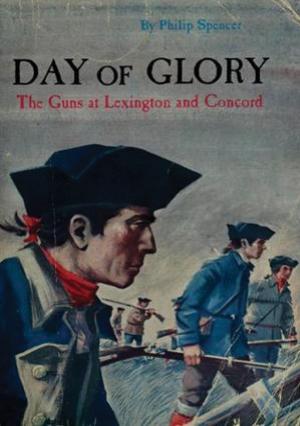

![Cover of the book Co. Aytch Maury Grays, First Tennessee Regiment Or, A Side Show Of The Big Show [Illustrated Edition] by Lt.-Colonel Alfred C. Channels Jr.](https://www.kuoky.com/images/2015/november/300x300/9781786251176-VTnK_300x.jpg)
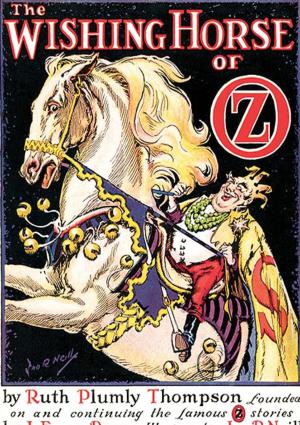
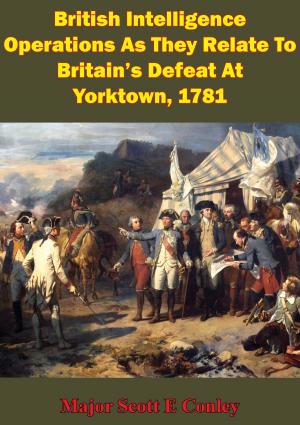

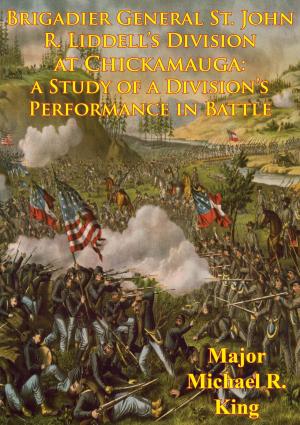
![Cover of the book Forty-Six Years In The Army [Illustrated Edition] by Lt.-Colonel Alfred C. Channels Jr.](https://www.kuoky.com/images/2015/november/300x300/9781786251350-EhDW_300x.jpg)
